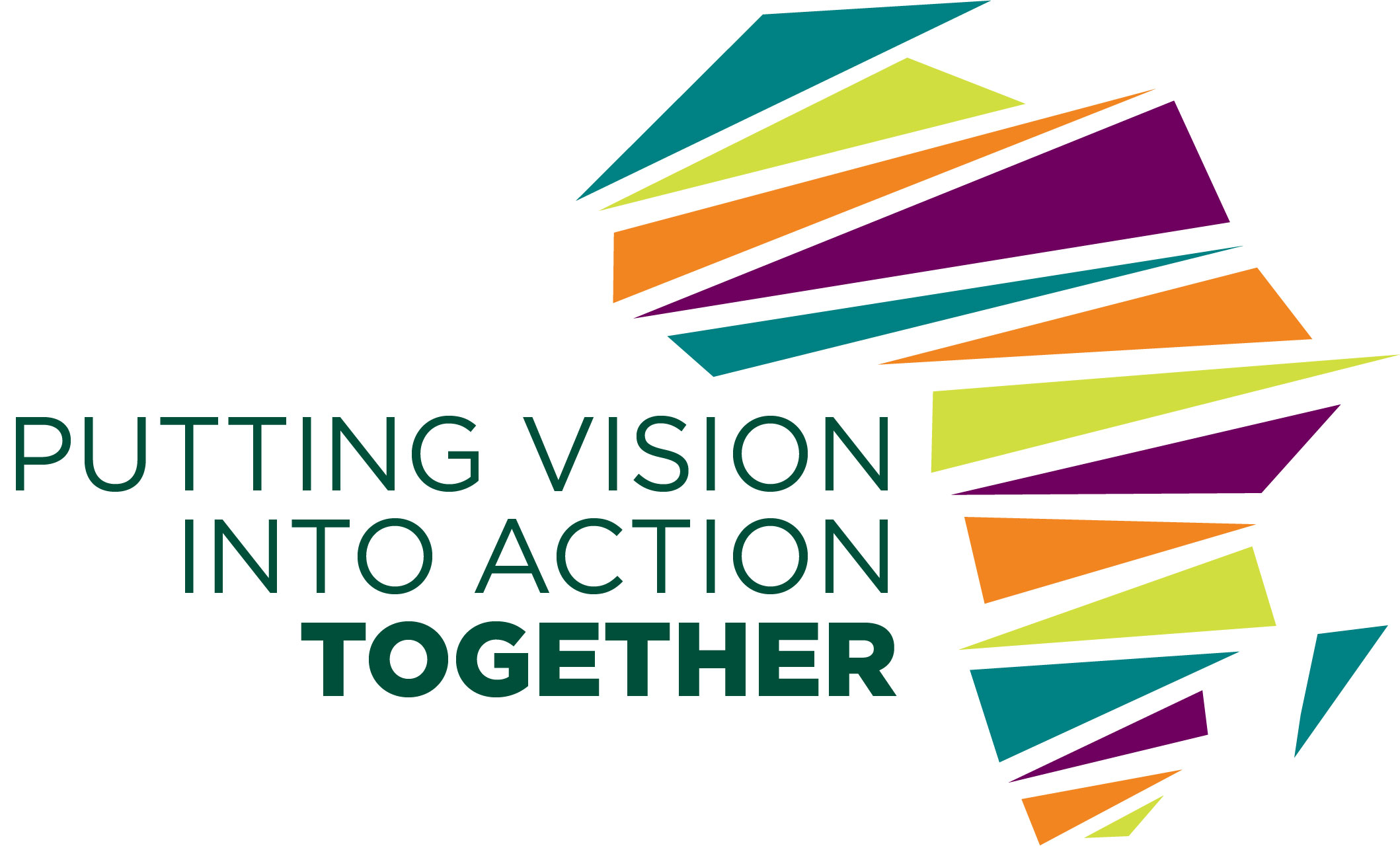Event Recap • Insights and Challenges • Youth Essay Contest • Launch Brief (PDF)
A lot can happen in a year. And for the Alliance for African Partnership, the past year has been full of accomplishments supporting the initiative's mission to bring about positive change in Africa through meaningful, equitable partnerships.
 At the AAP's initial convening in May 2016, Spartan faculty, staff, and students met with African thought leaders on the MSU campus to discuss innovative ways to address global challenges. The collective vision from that convening provided a road map for the initial activities of the AAP, including the formation of an Advisory Board, an AAP Secretariat based in Africa, the initiation of the AAP grants program, the publication of a "thought piece," and most recently, the official launch of the AAP.
At the AAP's initial convening in May 2016, Spartan faculty, staff, and students met with African thought leaders on the MSU campus to discuss innovative ways to address global challenges. The collective vision from that convening provided a road map for the initial activities of the AAP, including the formation of an Advisory Board, an AAP Secretariat based in Africa, the initiation of the AAP grants program, the publication of a "thought piece," and most recently, the official launch of the AAP.
The AAP launch was an opportunity to celebrate those successes. But more than that, the event was a continuation of the co-creation process that began at the AAP convening, helping to forge new partnerships and guide the AAP's future activities.
Co-hosted by the University of Dar es Salaam and RUFORUM, the launch event was held July 18-21 in Dar es Salaam, Tanzania, and focused on the theme of "Putting Vision into Action Together." The program was highly participatory; attendees listened to engaging keynote speakers, held lively discussions about the future of Africa and effective partnerships in Africa, and benefited from diverse panels of leaders from higher education, research institutes, NGOs, donor organizations, and the private sector. Networking and social activities were integrated throughout the event to facilitate relationships and inspire new partnerships.
Ensuring the presence of a diverse audience with a wide variety of voices and perspectives was a priority for the launch. Participants ranging from university vice chancellors to representatives from funding agencies to African youth all engaged in a collaborative process to define the landscape and vision of successful partnerships, propose new ideas for implementation, and identify the resources needed to bring vision into action.
All told, the launch was a success, not just in the implementation of a great event, but also in the many ways it is helping to shape the Alliance for African Partnership. The next steps will be crucial as we capitalize on the momentum of the launch and engage with the thought leaders, innovators, and other individuals who are passionate about the future of Africa and committed to developing partnerships that will help address critical issues facing the continent—together.
“When it comes to improving the quality and impact of partnerships, the concept of ‘transforming institutions’ applies as much to international institutions as it does to African ones.”
Thelma Awori
The following insights were gleaned from a closed joint introductory meeting between Provost June Youatt, Dean Steve Hanson, Dean Ron Hendrick, the AAP management team, and 15 vice chancellors and deputy vice chancellors of African universities to discuss existing and potential partnerships between MSU and African institutions.
The Alliance for African Partnership and MSU’s Youth Empowerment Programs co-hosted an essay contest titled, Working Together to Create the Africa We Want. This contest, which was open to all African citizens between the ages of 15-24, was part of a series of activities commemorating the launch of the Alliance for African Partnership in Dar es Salaam, Tanzania in July 2017. The essay contest signals a new era of engagement in Africa, where the voice of young people are the driving force behind the partnerships, strategies, and vision that move the continent forward!
Contestants were asked to focus their essays on one of the following six AAP themes: agri-food systems; water, energy, and environment; youth employment, education; culture; and health and nutrition. A panel of eight judges from five countries received over 270 essay submissions representing 20 African nations. Authors of the three top essays received prizes—a laptop for the first place, a tablet for the second place, and a camera for the third place. The first place winner also invited to attend the Launch where she read her winning essay to attendees during a gala evening.
1st place
Tricia Mawire (Age 24, Zimbabwe)
Working Together to Create the Africa We Want: Water, Energy, and the Environment
2nd place
Kalisa Ndamage (Age 18, South Africa)
My Envisioned Africa
3rd place
Oluchi Okparaocha (Age 17, Nigeria)
The Fall of My Heritage